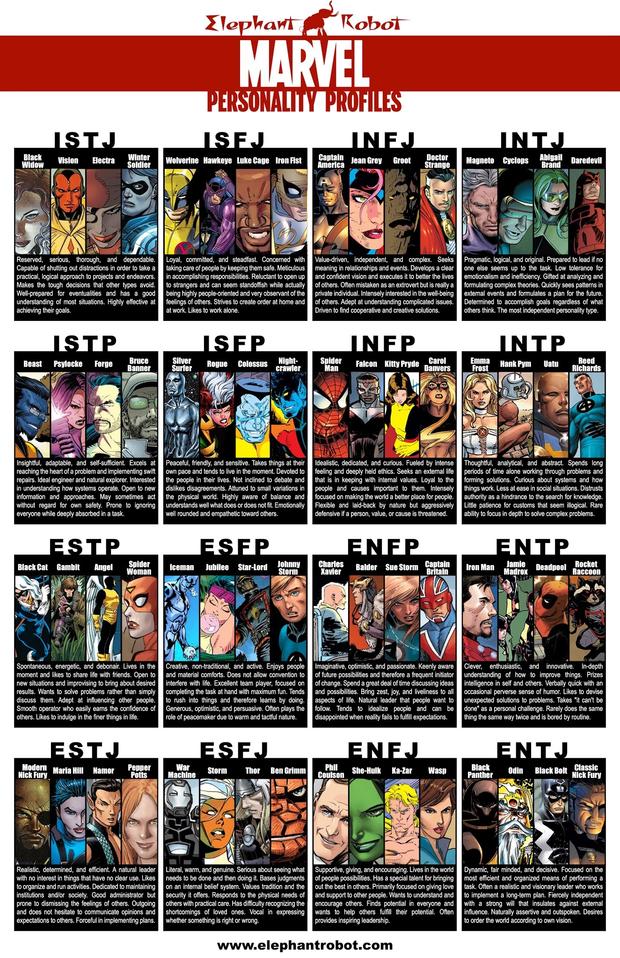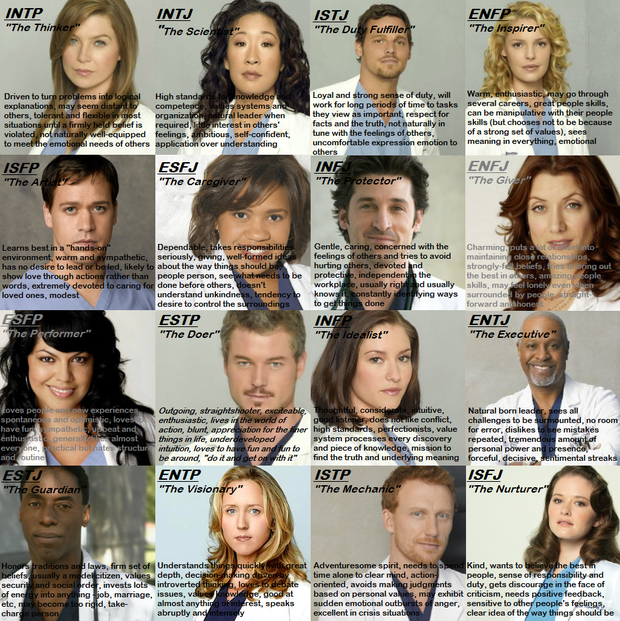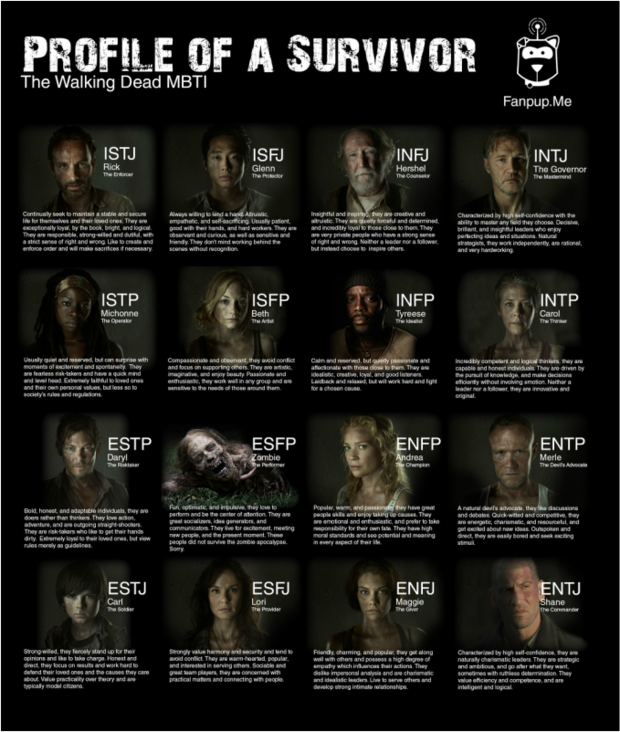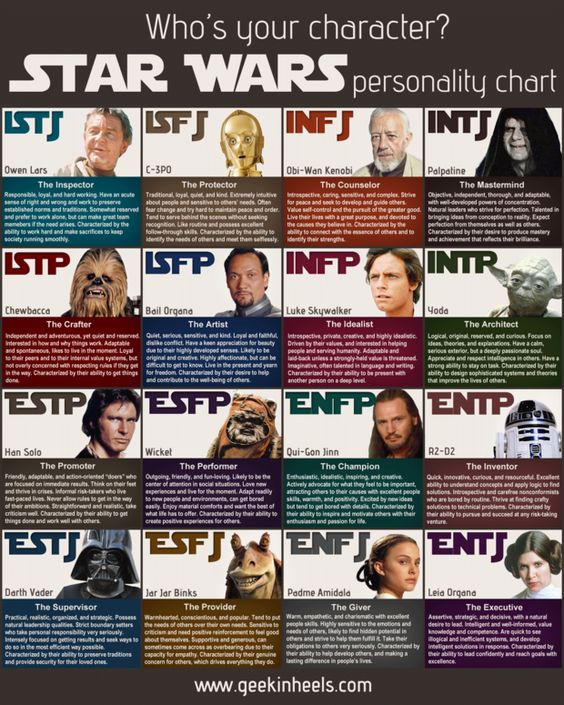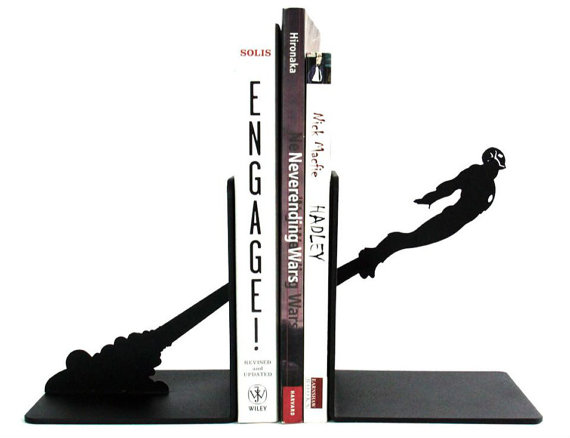 It is given by definition that superheroes are saints because they bring safety to us by fighting injustice. We should appreciate them because they defend us without any expectation compensation. Yet Batman, Superman, Hancock alike is under constant scrutiny by the public despite their loyalty to us, and have to maneuver around our emotions. This shows us the power of image. Image is so important to us that it can overshadow our previous feelings of debt and gratitude (towards the hero, brand, or product). PR is about people’s behavior according to what they see in front of them. If the public sees the slightest harm to them awe, loyalty, and admiration turns into fear and resentment. The public’s attitude is as stable Justin Bieber’s good behavior. Hancock is an excellent example of the impact of image and Man of Steel is awesome for showing us human nature.
It is given by definition that superheroes are saints because they bring safety to us by fighting injustice. We should appreciate them because they defend us without any expectation compensation. Yet Batman, Superman, Hancock alike is under constant scrutiny by the public despite their loyalty to us, and have to maneuver around our emotions. This shows us the power of image. Image is so important to us that it can overshadow our previous feelings of debt and gratitude (towards the hero, brand, or product). PR is about people’s behavior according to what they see in front of them. If the public sees the slightest harm to them awe, loyalty, and admiration turns into fear and resentment. The public’s attitude is as stable Justin Bieber’s good behavior. Hancock is an excellent example of the impact of image and Man of Steel is awesome for showing us human nature.
Hancock is just like Superman, he just happens to be an alcoholic smart-ass and looks homeless. The city openly hates on him as he ends robberies and saves lives. That is because he is careless and costs the city millions of $$$ in damage during rescues and reflects his disdain for them dropping luxury cars everywhere and stealing from in ice cream truck half-naked in front of little kids. Ray, a PR specialist, fixes his image because he recognizes his potential. A good PR specialist can see something marketable in any situation. He turns L.A.’s most hated drunk into a missed superhero with a few simple tricks.
- Press Conference: Admitting faults and announces plans to go to jail.
- He gives the public what they want to hear about how they have been victimized.
- He is transparent about future plans and says why he is doing what he is doing.
- Uniform: Looks like he stands for something.
- Shows respect to police by asking permission before jumping in and acting polite (“You’re doing a good job”, “thank you”)
- Shows the public he is on their side.
- Jail: Give the public a sense of justice.
- Absence will show how needed he is because crime will go out of hand fast.
Ray teaches us that we have to serve the public on their terms. The perception we want them to have needs to be the easiest and most obvious conclusion to jump to. That is because people are too busy with their own personal lives to care enough to see the whole picture of anything that is not personally urgent to them at the moment. They didn’t care that Hancock ended a robbery and saved their entire life’s savings, they saw their nice BMW’s tossed around like a ball and that is what they remember when they think of him.
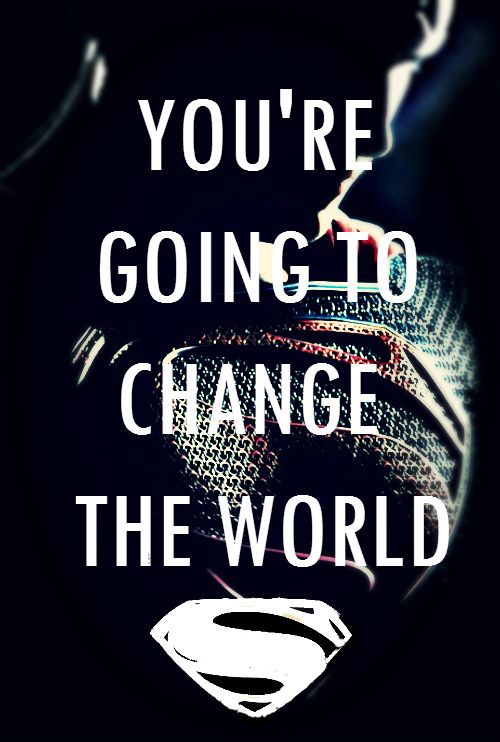
Man of Steel shows us how fickle human nature is in terms of perception. Clark’s human parents distrusted human nature so much that papa Kent willingly dies to protect Clark’s identity because the world wasn’t ready to discover him yet. This sounds dramatic and cynical but it is true. Remember when the school bus was sinking and he saved all the kids, even the jerk bullying him 10 seconds earlier? How did the kid’s parents react? It wasn’t gratitude for saving their own precious flesh and blood; they were trying to paint him a freak show. That feels like a nice thank-you, huh. After this, Clark spends his life ghosting out after assisting in tragedies left and right instead of enjoying the well-earned glory of being a hero. Isn’t that SUPER messed up? Why does this badass with a heart of gold feel like he has to hide his superiority from us weak, simpleton humans?
Mama and papa Kent constantly explain to him that people will always fear what they don’t understand and will reject him despite being a beautiful mystery to the world with a character history of being a total saint. Lois Lane’s boss knows this too well how true this is and warns her that the public would freak out hearing that there is an alien living among them. Like clock-work, the news is raging about turning in an alien who has integrated with them so peacefully that they barely even noticed him for 33 years. They want him to prove himself even further that if he means no harm, he will want to turn himself in. Of course he does it anyways because he is cool with us being jerks by now.
When the drama with Zod ensues, Clark offers himself to the military. This is where he shows his skills in diplomacy and PR tact.
- He establishes his identity and relational status to them.
- He approaches them in uniform and floating slightly above them to show power.
- He gives the military comfort by playing it their way.
- He lets them cuff him and go through their usual protocol by the book.
- Politely answers “Do what you have to do, General.”
Ray would have been very proud as Hancock rolled his eyes calling him a kiss-ass.
Clark goes on to explain to the military that they are scared of him because they can’t control him, but that doesn’t mean he is their enemy. Sounds like Mr. Tall-Dark-and-Handsome has us figured out pretty well. He is not expecting to be understood anytime soon. He knows human nature operates on emotion before logic and that it is hard to break past our own initial impressions of the emotional reactions we make. Clark shows us that PR requires tip-toeing around people’s emotional needs because it is hard for us to accept and embrace anything foreign and different without a spoonful of harsh skepticism. This means shaping public opinion requires anticipating any feeling of threat the audience can think of and also politely shoving feelings of utility and comfort in their faces.
Superhero movies are a great source for seeing PR come alive because the heroes are always adjusting to the public because they live among the public. They are at odds with the enemy and with our perceptions. Fantastic Four’s scene with the mishap on the bridge shows PR at play in just a few minutes: Reed tries to explain what caused the powers but is interrupted because the crowd wants to hear only the fun, flashy stuff about it; Susan deflects the attention by saying they don’t know much about these “symptoms” yet, to which the crowd reacts fearfully; Johnny shows clever recovery by joking “if it’s a disease then yeah, we got it bad…” and turns on the charm and shows off; finally Reed tries to discourage publicity by appealing to the sympathy of humanity and stay vague and short about their next step. They could have easily been booed and shot down by the police but they chose to take control and earn everyone’s trust. This is a prime example which shows us that since, by definition, superheroes serve the public, we have a golden opportunity to see PR in live-action in superhero movies.
#COM481











